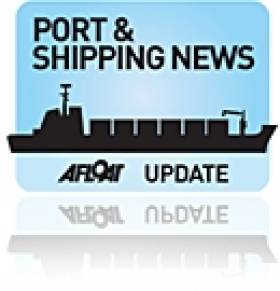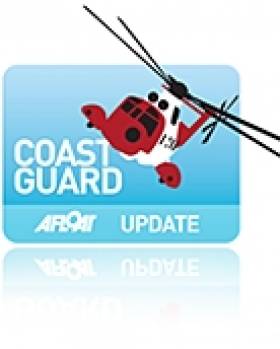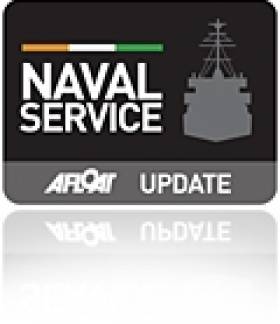Displaying items by tag: smuggling
#RosslarePort - RTÉ News reports that two men are due before a special sitting of Wexford District Court this morning (Sunday 5 May) on drug smuggling charges after being stopped on entry at Rosslare Europort.
The Lithuanian men were stopped in their van as is drove off a ferry from France at Rosslare on Friday after customs drug dog Ralph indicated the presence of drugs in the vehicle, according to The Irish Times.
Upon search, customs officers discovered a haul of heroin and amphetamines with a street value of some €190,000 - along with a cache of steroids, tobacco and alcohol.
As The Daily Edge reports, Ralph the sniffer dog has been with Revenue's Customs Service since last summer working the Rosslare entry port, where he has previously sniffed out more than €300,000 worth of cannabis resin.
EU-Wide Coastguard Would Tackle Drug Smugglers Says MEP
#Coastguard - Dublin MEP Gay Mitchell has called for the formation of a Europe-wide coastguard to tackle the scourge of drug smuggling, as Herald.ie reports.
The Fine Gael MEP said that cocaine in particular "is still entering the EU from South America" through the larger commercial ports in Belgium and the Netherlands.
He also claimed that Ireland "is losing €526m per year in revenue" due to tobacco smuggling.
His comments come as Justice Minister Alan Shatter outlined Ireland's determination to address the potential for collaboration by enhancing maritime safety, security and surveillance in the EU during the State's EU presidency.
These moves come a year after the director of the Irish Coast Guard said greater co-operation between Europe's coastguard organisations is inevitable.
As previously reported on Afloat.ie, IRCG chief Chris Reynolds told the audience at the Search and Rescue 2012 in Dublin that Europe's governments needed to develop a "sense of urgency" on the issue to deal with disasters such as the Costa Concordia tragedy.
Lecture: Smuggling in the Eighteenth Century
#LectureSmugglers – Following Joe Varley's lecture held last week in the Poolbeg Y&BC Marina, Dublin, there's another chance to hear his lecture "Smuggling in the 18th Century".
The lecture is to take place this Thursday (21 February) at 20.00hrs at Stella Maris Seafarers Club, Beresford Place, in the city-centre.
The illustrated talk is hosted by the Maritime Institute of Ireland and is part of the winter/spring lecture programme.
Varley will demonstrate why the 18th century is regarded as the golden age of smuggling. This contention will be examined from mainly the viewpoint of the smuggler.
Examples of Irish and British smuggling activity will be given, including a detailed example of wool smuggling from Roundstone in Connemara in the 1730's.
The Stella Maris is located close to the Irish Life Mall car park (ILAC), the Customs House and Busaras. It is convenient to the Luas (Red Line: Busaras stop) and DART (either Connolly or Tara Street stations).
The Maritime Institute has a maritime museum, the National Maritime Museum of Ireland located in Dun Laoghaire. Co. Dublin. For further details on lectures, museum and more click HERE.

































































